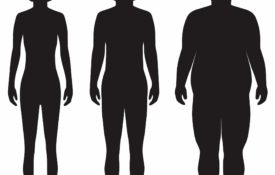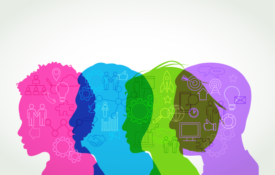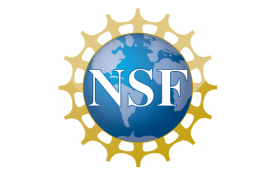-
The Science of Why You Have Great Ideas in the Shower
If you’ve ever emerged from the shower or returned from walking your dog with a clever idea or a solution to a problem you’d been struggling with, it may not be a fluke. Rather than constantly grinding away at a problem or desperately seeking a flash of inspiration, research from the last 15 years suggests that people may be more likely to have creative breakthroughs or epiphanies when they’re doing a habitual task that doesn’t require much thought—an activity in which you’re basically on autopilot. This lets your mind wander or engage in spontaneous cognition or “stream of consciousness” thinking, which experts believe helps retrieve unusual memories and generate new ideas.
-
Perfectionism Is a Pathology, Not a Character Strength
We all know perfectionism as a quality we’re meant to be proud of, especially in professional settings. Society frames the drive to be perfect as a sign of a competent and ambitious individual. The word is synonymous with excellence. But emerging research in psychological science suggests that we pay a high price for our pursuit of perfection. Here are three ways perfectionism leaves us and our minds susceptible to psychological damage. ...
-

Underweight and Overexposed: How Women’s Perceptions of Thinness Are Distorted
Recent research suggests that women’s judgments about other women’s bodies can be biased by an overrepresentation of thinness. Sean Devine explains these findings and elaborates on their implications for policy. Visit Page
-

How Work Is Evolving Under the Pressure of COVID-19
An interdisciplinary program of speakers shared research on the COVID-19 pandemic from a variety of perspectives, including big-data analyses, research methodologies, individual differences, and group inequities related to jobs, well-being, and social status. Visit Page
-

APS Receives Major Investment in Entrepreneurship and Psychological Science
The Ewing Marion Kauffman Foundation has awarded an $84,000 grant to support efforts by APS to advance and recognize field-leading work at the intersection of psychological science and entrepreneurship. Visit Page
-

National Science Foundation Seeks Reviewers for Graduate Research Fellowship Program (GRFP)
The NSF-Graduate Research Fellowship Program (GRFP) is seeking reviewers for the FY23 cycle and psychological scientists are encouraged to apply. Visit Page

